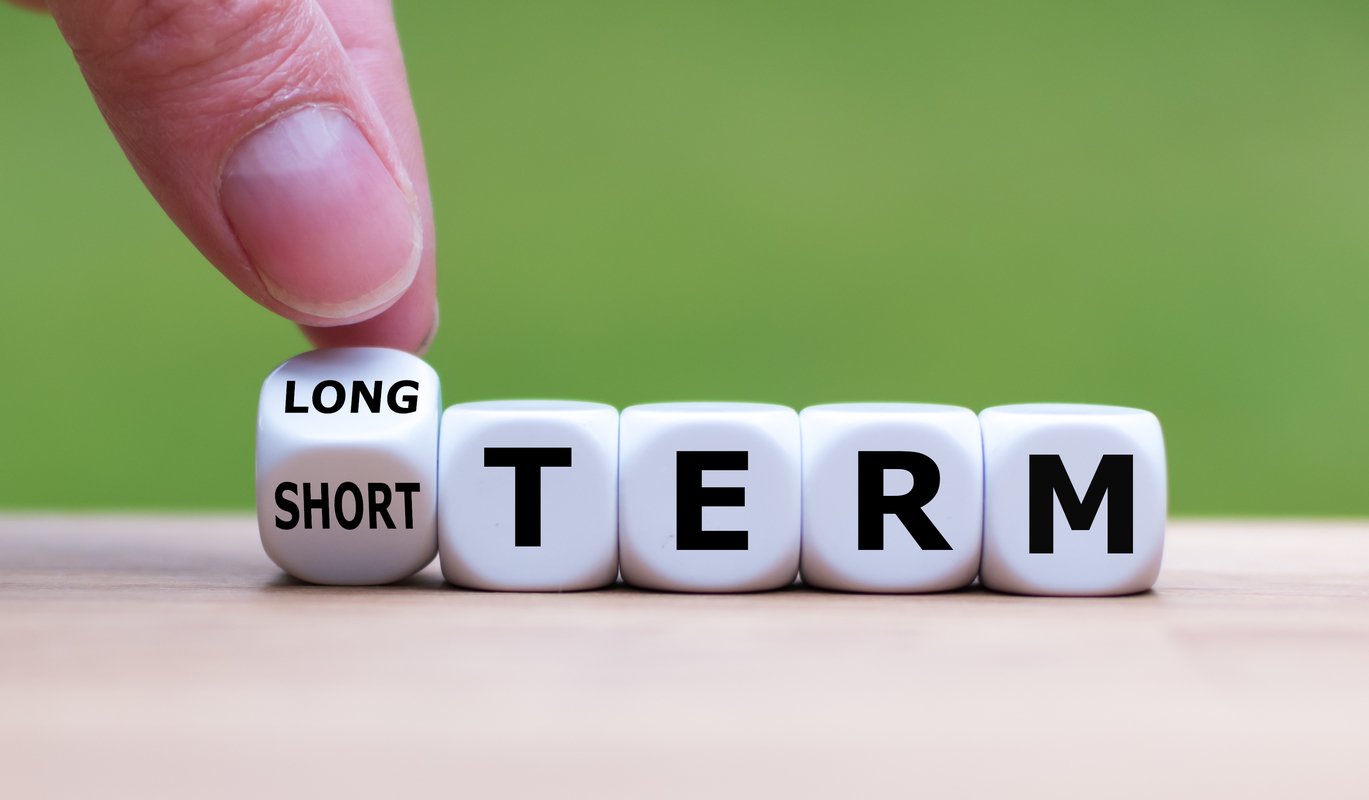On Wednesday, Bristol Myers Squibb (BMY +4.15%) told investors the FDA would require an extra three months to complete its review of liso-cel, a cell-based cancer therapy candidate that the big pharma took control of in its 2019 acquisition of Celgene. Instead of paying upfront for Celgene's late clinical-stage pipeline, Bristol Myers Squibb issued contingent value right (CVR) shares worth $9 in the event liso-cell and two other drugs earn FDA approval by preset deadlines.
The first component of that CVR, ozanimod, met its deadline in March when the FDA approved it to treat multiple sclerosis. Liso-cel needs to earn approval by the end of 2020, and the third candidate, ide-cel needs to earn FDA approval by March 31, 2021, or the CVR will expire without any payout.

Image source: Getty Images.
Delayed not done
A three-month delay to liso-cell's application doesn't give the CVR shareholders any room for further error. To account for additional information Bristol Myers Squibb submitted after the review began, the FDA pushed its action date back to Nov. 16, 2020. The agency could issue its decision before then, but because two similar therapies have already been approved, liso-cell's application is relatively low on the FDA's list of priorities at the moment.
The odds of hitting a late clinical-stage trifecta are slim under the best circumstances, but the COVID-19 pandemic and this new delay have investors extra jittery. The value of the CVR shares (NYSE: BMY.RT) climbed to a peak of $4.51 last month, but closed trading on Wednesday at $3.75.






